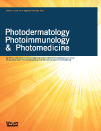 Researchers have agreed to pull a 2015 study exploring whether a plant extract can safeguard tanners from ultraviolet exposure after not obtaining formal approval from an ethics committee.
Researchers have agreed to pull a 2015 study exploring whether a plant extract can safeguard tanners from ultraviolet exposure after not obtaining formal approval from an ethics committee.
According to the first author, the problem lay in a misunderstanding – when they originally applied for approval six years ago, the researchers believed they didn’t need to go through a formal approval process, since the compound was commercially available without a prescription. Once they realized their mistake, they chose to retract the paper.
Here’s the retraction note for “Oral Polypodium leucomotos increases the anti-inflammatory and melanogenic responses of the skin to different modalities of sun exposures: a pilot study,” published in Photodermatology Photoimmunology & Photomedicine. Continue reading Authors retract tanning-UV radiation study for lacking approval
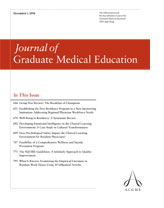
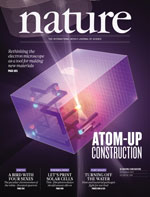
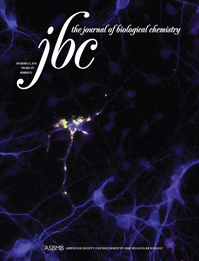
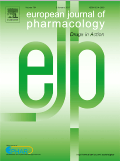

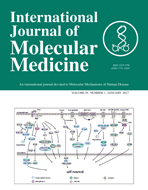
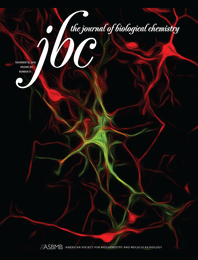 In November, a vice president at an institution in Taiwan
In November, a vice president at an institution in Taiwan 
 Following a journal probe and questions on PubPeer about their work, authors in Spain have issued four corrections, citing missing raw data for experiments conducted more than 10 years ago.
Following a journal probe and questions on PubPeer about their work, authors in Spain have issued four corrections, citing missing raw data for experiments conducted more than 10 years ago.